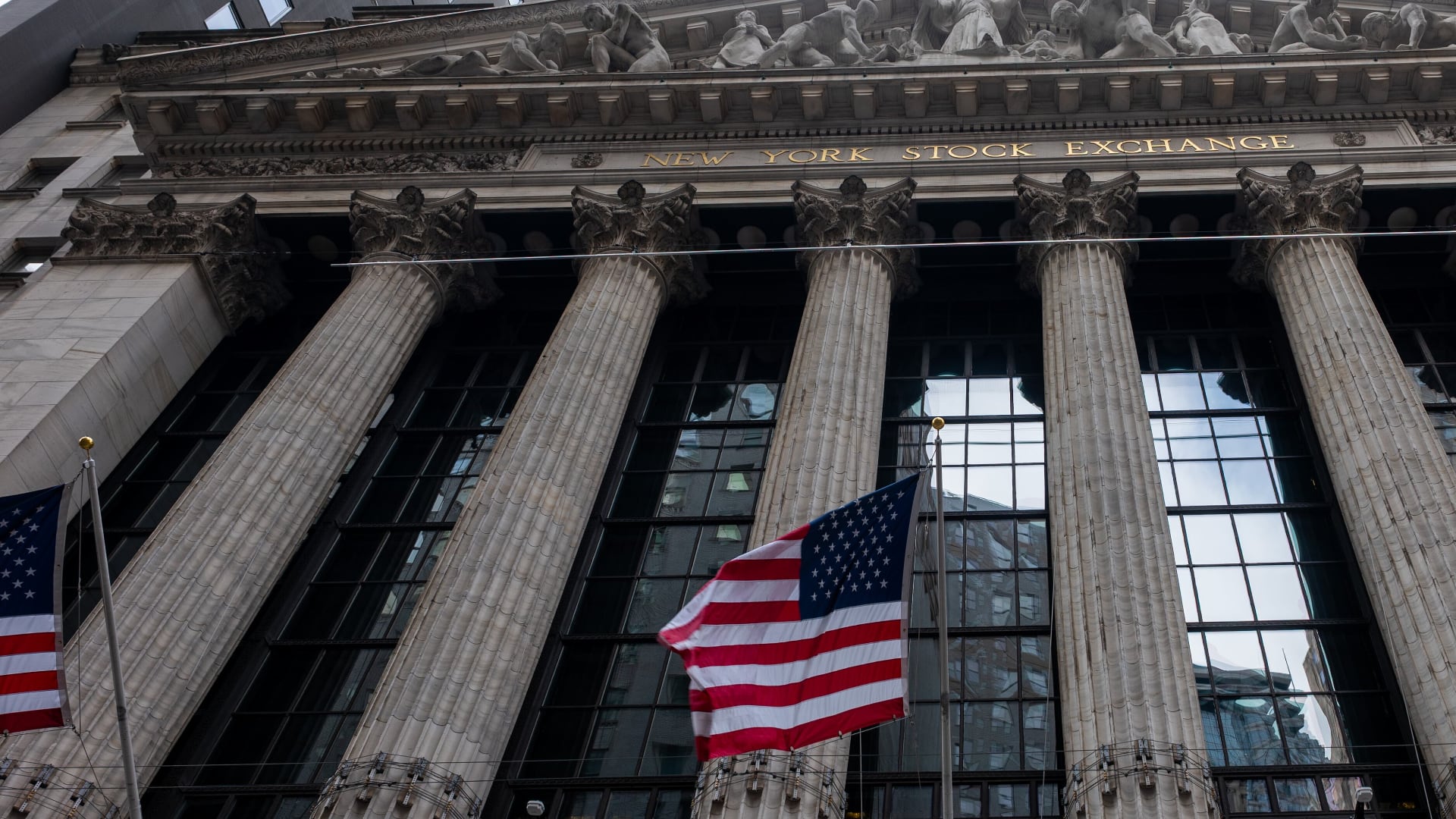While the U.S. Polo Assn. has been successful in building its brand globally and prides itself on creating a unique, in-store consumer experience, the retailer has found itself behind the times with its digital footprint. Now the sports brand is shifting its focus to capture the interest of millennials and grow digitally.
U.S. Polo Assn. is the official apparel brand for the United States Polo Association (USPA) and has plans to expand its retail footprint. The company has over one thousand stores worldwide and has seen significant growth in the past year but most of it was from in-store purchases.
"As a brand, we've been behind. We had double-digit growth last year on a $2 billion footprint, and online sales were less than 5 percent of that," J. Michael Prince, U.S. Polo Assn. CEO told Cheddar.
The international market continues to be a notable part of the U.S. brand's retail strategy and that too is driving the push for digital innovation. "What we're seeing in the international community is that they are really embracing technology very quickly," Prince said, noting the brand already has a presence in 180 countries.
However, the company still believes real-life interactions trump online purchasing, so it's planning to integrate e-commerce, social media, and digital in its physical locations. "We've focused on stores initially because we believe that consumers' greatest experience still happens within the retail store environment," Prince said.
Globally, U.S. Polo Assn. has 400 stores in India and has plans to hit that milestone in China, too. That will include a new concept store in China that will allow consumers to engage with the brand and the sport of polo in a more intimate way. "It's targeting millennials in a smaller footprint environment where they can engage with the sport of polo, hold a polo ball, take a selfie, and put on VR goggles to see what it's really like to be a polo player," Prince said.
As the company expands its retail options, e-commerce will be one of its top priorities. "A brand that has 1,100 retail stores and great wholesale partners to be able to leverage, and online play, as well, is going to be really important for us in the future. So, we have tremendous opportunity, but it's a place where we are behind and we are trying to catch up," Prince said.












